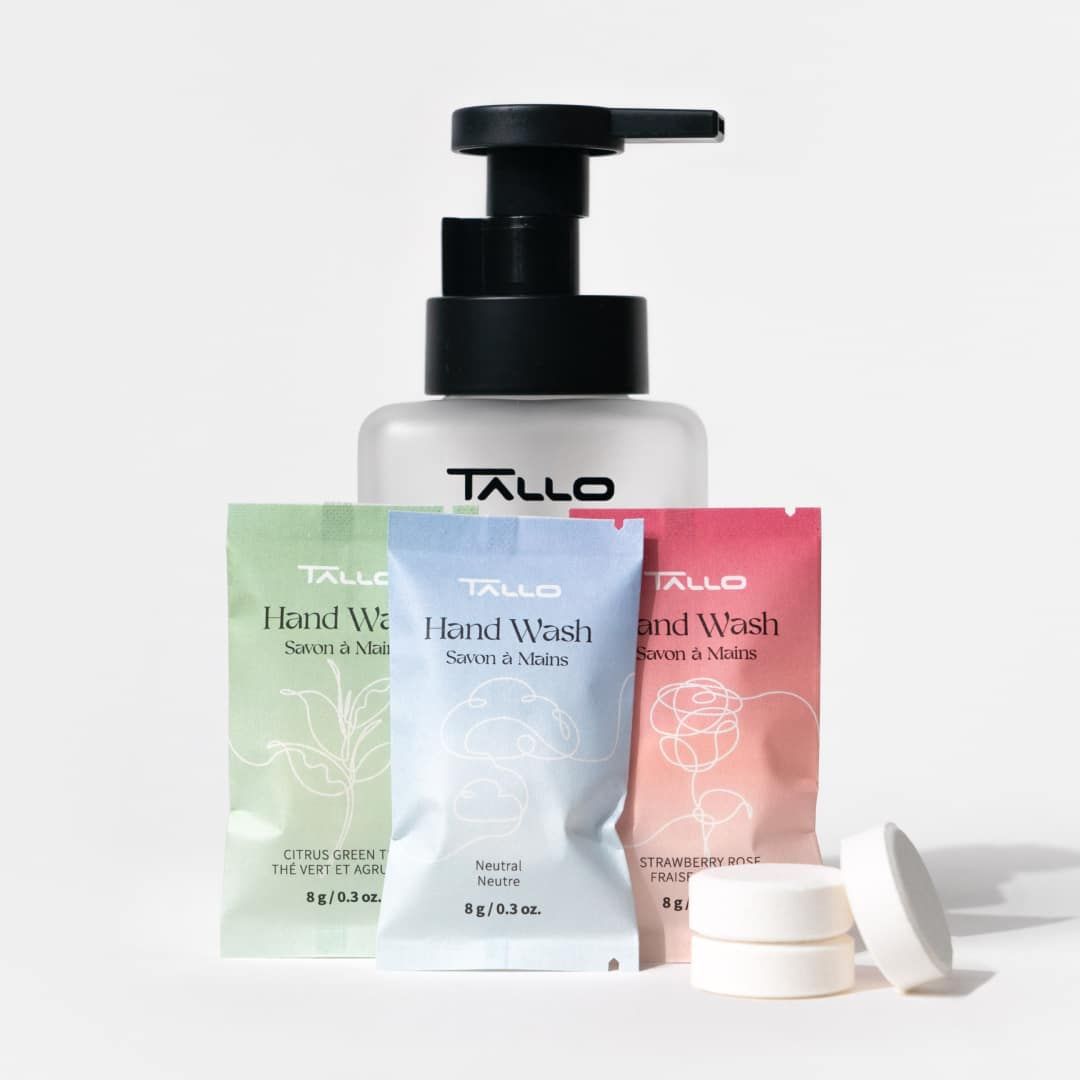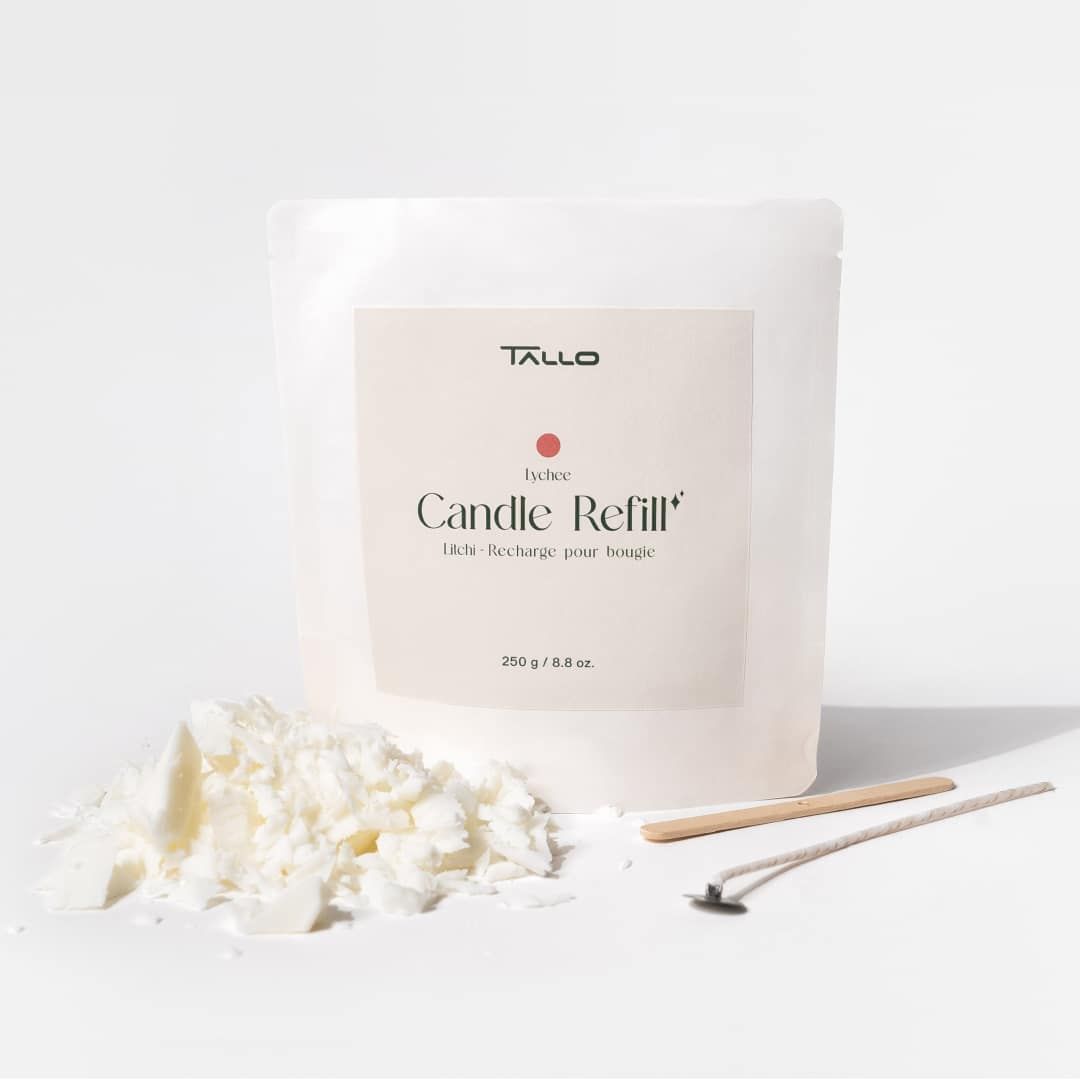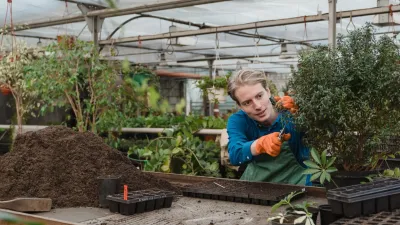How To Be Eco-Friendly On A Budget [Complete Guide]

Living eco-friendly is not just a trend anymore. It’s a lifestyle that more and more people are embracing as they become aware of the importance of sustainability.
But living on a budget can be challenging, especially when you try to find ways to save money and cut costs.
But it doesn’t have to be as hard as it seems. You can do many little things every day that won’t cost you much but will make a significant impact.
In this blog, we’ll be discussing the benefits of living sustainably, how to live eco-friendly on a budget, and some simple tips for you. Let’s get started!
What Does Living Eco-Friendly Mean?
Living eco-friendly means making conscious decisions in our daily lives that will reduce our environmental impact.
From the food we eat to the products we buy and the energy we use.
It means reducing our consumption of resources and finding ways to reuse and recycle.

Eco-Friendly Personal Care
The Benefits of Living Eco-Friendly
Living eco-friendly has many benefits, both to the environment and to you.
Some of the benefits include:
Reducing Your Carbon Footprint
By reducing your consumption of resources and investing in eco-friendly products, you can significantly reduce your carbon footprint.
Saving Money
Investing in eco-friendly products can save you money in the long run, as they are often more energy-efficient and cost less to operate.
Improving Your Health
Eating eco-friendly and organic foods can improve your health and reduce your risk of chronic diseases.
Helping the Environment
By investing in eco-friendly products and reducing your carbon footprint, you can help preserve the environment.
How to Live Eco-Friendly on a Budget
It might seem impossible to live eco-friendly on a budget, but it’s not true! Let’s look at some tips on how you can live eco-friendly and within your budget.

Shop for Eco-Friendly Products
When shopping for products, look for eco-friendly options. Here are some of the tips that will help you:
Do your research. Make sure to research any product before buying it, to make sure it’s eco-friendly and has a minimal environmental impact.
Make a shopping list. Ensure you plan your shopping list when you go for groceries, as it will help you avoid impulse buying.
Look for discounts. Look for discounts and deals when shopping for sustainable products.
Shop online. Shopping online can be a great way to find eco-friendly products at discounted prices as well.
Invest in quality. It can save you money in the long run, as these products will last longer and require less upkeep.
Buy in bulk. This will help you save money and reduce the amount of packaging that goes to the landfill.
Buy local. Buy local products when possible, as this reduces the need for transportation and helps support local businesses.
Want to learn how to better take care of yourself and the planet?
Join thousands of people who receive our newsletter with valuable sustainability and personal care content, tips and tricks.
Spam free. Unsubscribe anytime.
Reduce Your Carbon Footprint
Reducing your carbon footprint is an important part of living eco-friendly. Here are some tips to help you reduce your carbon footprint:
Eat less meat. It’s one of the easiest and most effective ways to reduce your carbon footprint.
Drive less. If you live close to work, you can save a lot of money and reduce CO2 emissions by walking or biking instead of driving.
Take public transportation. Transportation is cheaper than driving, as well as it reduces CO2 emissions and helps the environment stay clean and healthy.
Drive a fuel efficient car. Consider purchasing a more fuel-efficient car, as it emits less pollution and saves you thousands of dollars on fuel costs.
Ditch the dryer & hang dry your clothes. You can help the environment by hanging your clothes to dry instead of using the dryer.
Turn the temperature down. Another easy way to save money while living on a budget is to lower the thermostat in your home during the day.
Reuse & Recycle
Using recycled materials helps us save energy consumption and reduce production costs. And when you recycle more, you send less waste to landfills.
Try to reuse and recycle items whenever possible instead of throwing them away.
So let’s have a look at these tips that will help you be more sustainable:
Invest in reusable items. Invest in reusable products like reusable hand soap, water bottles, shopping bags, and coffee cups.
Buy products with less packaging. You should try to buy products with less packaging, as they usually end up in landfills.
Recycle. Make sure to recycle any items that you can recycle, such as plastic, glass, and paper.
Donate or sell. Donate or sell any items you no longer need instead of throwing them away.
Compost. Composting is a great way to reduce food waste and create nutrient-rich soil for your garden.
Shop second-hand. Shopping second-hand is a great way to save money and reduce waste; it also gives a second live to items.

Going Green with Energy
If you use eco-friendly energy sources, you will help reduce greenhouse emissions, and you can even save money in the long run.
Here are the tips on how you can reduce your energy consumption:
Use LED lightbulbs. LED lightbulbs are more energy-efficient and will save your budget in the long run.
Unplug appliances. Make sure to unplug any appliances and turn off lights when not in use, as this can reduce your energy consumption significantly.
Invest in renewable energy. Invest in renewable energy, such as solar or wind power, to reduce your energy consumption
Use natural light. Take advantage of natural light instead of using electricity whenever it’s possible.
Use candles. When you don’t need a lot of light, use candle. They will save you on the electricity bill and help you create a cozy atmosphere. If you already have a candle container, you should opt in for candle refills, like Tallo. They’re natural and produce zero-waste.
Reduce Water Usage. Don’t leave the water running while you wash dishes, do laundry, brush your teeth or wash your hands.
Invest in a smart thermostat. Though it typically costs a few hundred dollars, smart thermostats can save you money and the planet long-term.
Making Your Home Eco-Friendly
Making your home sustainable is an important part of living eco-friendly. Let’s see how you can make it:
Invest in sustainable furniture. You can invest in bamboo furniture that can help reduce your environmental impact and last longer, saving you money in the long run.
Use natural cleaning products. You should use natural products, such as vinegar and baking soda.
Plant a garden. It’s a great way to reduce your carbon footprint, help the environment, and produce healthy and sustainable food for you and your family.
Conclusion
Using these tips will help you reduce your spending and save money while also being kind to the environment.
You don’t have to sacrifice your health, comfort, or happiness to save money and be sustainable at the same time.
So let’s get started to be more eco-friendly and make the world a better place.













Great article Adel! Love it!